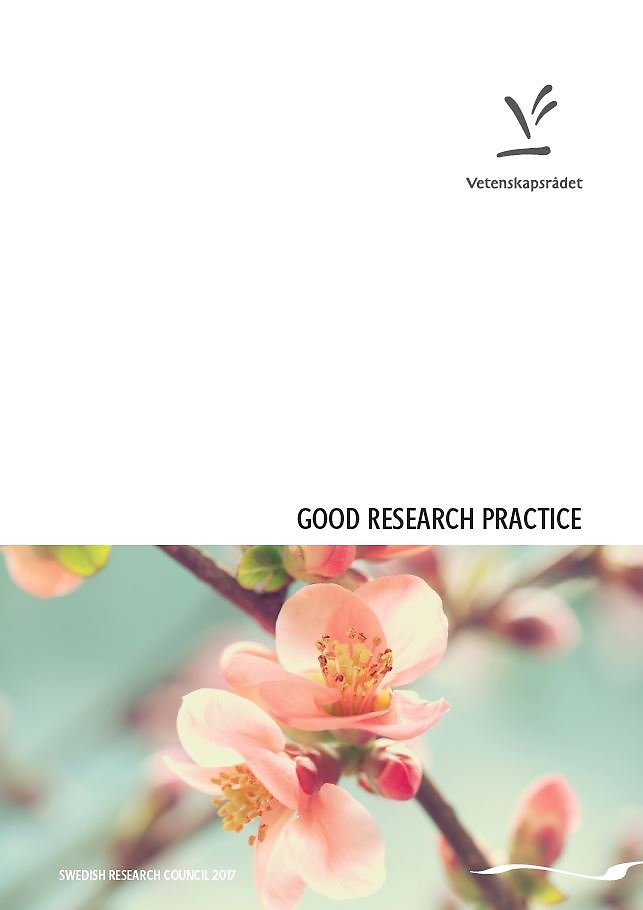Good Research Practice
Research ethics is not static, neither as a discipline nor as a practice. When the scientific landscape changes, sometimes the debate about research ethics shifts as well. New principles may be added, and old ones may need to be reinterpreted or applied differently.
Ethical considerations in research are largely a matter of finding a reasonable balance between various interests that are all legitimate. The quest for knowledge is one such interest. Individual privacy interests as well as protection against various forms of harm or risk of harm are other legitimate interests. Issues like the handling of integrity-sensitive material raise questions about the interests of the researcher, the study participants and other researchers, but also about what a researcher is able to promise participants and who owns research material.
This book addresses relevant legislation and ethical requirements and recommendations against the background of questions that may arise in research work. The aim is to provide an orientation among the issues and problems, stimulate thought and contribute to the debate on responsibility and challenges. The book primarily addresses researchers, not least the younger generation, to help them make well-reasoned research ethical decisions.
We are revising Good Research Practice
A lot has happened in the research community since 2017. New government agencies with mandates relating to research ethics have been established, and a law relating to scientific misconduct has been passed. This means that some of the information in the publication Good Research Practice is no longer up-to-date.
We are now updating the contents, and are also taking this opportunity to revise the publication and include ethical dilemmas from different research fields. The new publication is expected to be ready in the begining of 2024.
MORE WITHIN THE SAME SUBJECT AREA
-
Activity |
Published 11 April 2024
The rapid increase in all types of artificial intelligence is creating new research ethics risks and dilemmas, at the same time as entirely new opportunities to carry out research are emerging. But what happens if, for example, research creates types...
Keywords:
-
Activity |
Published 26 September 2023
The tightening of the ethical review legislation that has taken place in recent years has evoked concerns and great uncertainty among researchers in many fields. Not least has this been the case in artistic research. What can be subject to research a...
-
News |
Published 27 October 2022
Over the last few years, many changes have occurred in the area of ethics. The Swedish Research Council is now reviewing how best to address our ethics mandate – in relation to other actors, and the needs of our own work.




